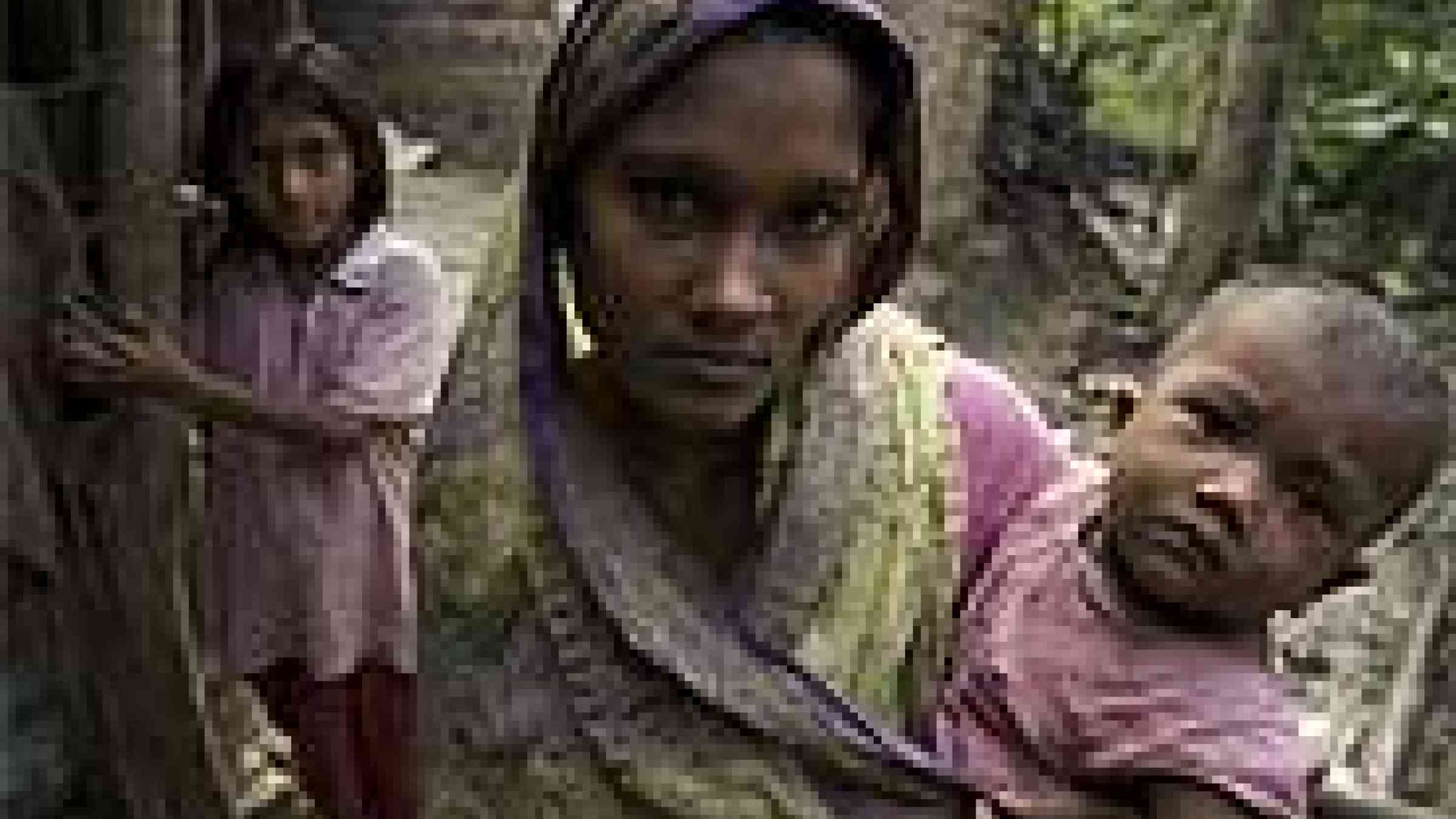UNICEF: New report stresses increased risk of hunger due to climate change

Toronto - UNICEF’s 2009 Humanitarian Action Report (HAR) highlights the plight of children and women around the globe in humanitarian emergencies.
The Humanitarian Action Report is UNICEF’s annual funding appeal for protracted emergencies and is seeking just over $1 billion to assist children and women in 36 countries. The amount sought is some 17 per cent higher than UNICEF’s 2008 appeal, largely because of increased needs in eastern and southern Africa.
In recent decades, the number and severity of natural disasters has increased significantly. The emergencies included in the Humanitarian Action Report represent only a small fraction of UNICEF’s emergency response activities. Between 2005 and 2007, UNICEF responded to an annual average of 276 emergencies in 92 countries. Over 50 per cent were caused by disasters, 30 per cent were a result of conflict, and health-related emergencies, like epidemics, accounted for 19 per cent of UNICEF’s emergency response.
“In the face of numbers on this large scale, the first challenge is to not lose sight of the individual children the numbers represent. They’re not in the headlines every day, but we can’t forget that children’s basic rights to survival and protection from abuse are under threat in situations around the world, every minute of every day,” says Nigel Fisher, President and CEO of UNICEF Canada and former Director of UNICEF’s Office of Emergency Programmes. “The second challenge is to remain optimistic that our individual and collective contributions can and will make a difference. I know they do, because I have seen the results first hand.”
The report notes that over half the funds are to continue UNICEF support to victims of the five largest global humanitarian operations: in the Democratic Republic of Congo, Somalia, Sudan, Uganda and Zimbabwe.
The report also notes that higher food prices and climate change have negatively affected most of the countries for which emergency aid is sought. UNICEF has initiatives in place to address nutrition insecurity, but more resources are required to ensure the response meets urgent 2009 needs.
The UNICEF report cites recent studies which find the risk of hunger could increase for some 50 million people worldwide by 2010 as a result of climate change.
Some experts have estimated that in the next decade children and women will represent 65 per cent of all those affected by climate-related disasters. If these predictions prove correct, some 175 million victims of climate change will be children.
UNICEF is present in more than 150 countries and is often among the first responders to crises.
For more information, please contact:
Kathleen Powderley, Media Relations Consultant, UNICEF Canada
Cell: 416 803-5597, Tel: 416 482-4444, ext. 8810 [email protected]